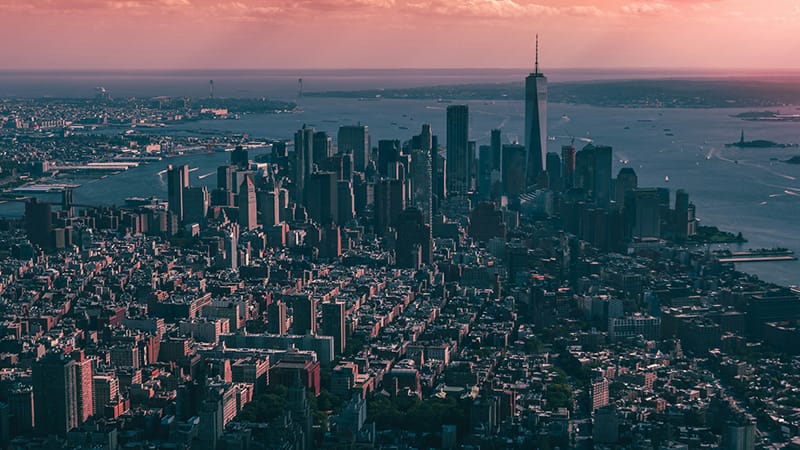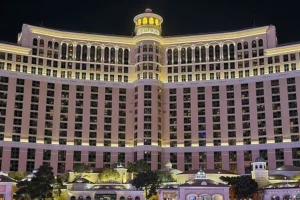New York Starts Casino Zoning Law Amendments Process

The New York City Planning Commission has initiated a seven-month process to amend zoning texts in preparation to hand out three new licenses for New York casinos in 2024.
This allows each application to circumvent the traditionally lengthy Uniform Land Use Review Procedure, simplifying the process for regulators and casino operators significantly.
The proposal would allow casinos to be built almost anywhere in commercial or manufacturing districts, excluding residential areas. Notably, there’s no cap on the size of these casinos or their associated structures, such as hotels and restaurants.
A dozen or so ambitious proposals are already well in the making, including ideas from giant Las Vegas-based gambling operators, local development consortiums, and the odd NYC billionaire.
Streamlining the Process for Casino Development
If the zoning plan is approved, it would allow winning bidders to bypass the cumbersome zoning process, needing approval only from the state and its Community Advisory Committee.
“As the state considers proposals for casinos downstate, it’s important that we create a level playing field for applicants within New York City so they can compete for this opportunity,” said Dan Garodnick, Planning Commission chair and Department of City Planning director.
“This text amendment would avoid duplicating the state’s rigorous licensing process, which includes local representation, while setting up a rational framework for consideration within our zoning.”
A Mixed Reception to the Proposed Changes
While the plan to facilitate casino development has been met with enthusiasm in some quarters, it has also sparked concerns among others.
Critics point to the relative simplicity of the plan and the potential for unchecked growth of casino-related properties. There are apprehensions that without specific limits, these developments could lead to disproportionate structures that could disrupt the city’s urban planning.
For example, any hospitality developer would need a specifically debated license to set up a new hotel in New York City. However, under these planned changes, casino operators with an existing license would be free to add a hotel whenever they please.
Community boards, borough presidents, the Planning Commission, and the New York City Council must review the proposed amendments to the zoning procedure before they can be enacted.
“It is unusual that the city would not shape the physical environment of an establishment as large as a casino,” said Layla Law-Gisiko, chair of land use at Manhattan Community Board Five.
“And we hope that the text will be much strengthened through the review process.”
Law-Gisiko’s Community Board will be directly involved in assessing two of the potential projects, Caesars’ Times Square casino with local rap legend Jay-Z’s Roc Nation, and real-estate mogul Larry Silverstein’s ambitious skyscraper casino venue.
Competing Bids Affected
The New York State Gaming Commission is expected to issue three downstate casino licenses, and the proposed zoning changes could significantly influence where these casinos will be located within the city.
The field is competitive, as you would expect with the prize being access to the nation’s largest city population. New York sports betting is also the biggest state market, so the appetite for gambling is proven.
This proposed zoning system would benefit several of the casino bids, while potentially complicating others.
Wynn Resorts’ Hudson Yards project is planned for a commercial and mixed used zone already, as is The Coney Island project in Brooklyn and Caesars Entertainment and Jay-Z’s Time Square plan.
On the other hand, New York Mets owner Steve Cohen and Hard Rock’s proposal for a casino next to Citi Field Stadium, and Bally’s plans for the former Trump Golf Links site in the Bronx, will both now face extra hurdles in the application process.
The two potential developments are both planned on currently designated parkland, meaning they won’t be covered by the zoning amendment.
The only casino idea not to be affected by any of this is Las Vegas Sands’ designs for Nassau County, Long Island. The proposed site is in downstate New York but outside of New York City, so has its own local zoning laws.











